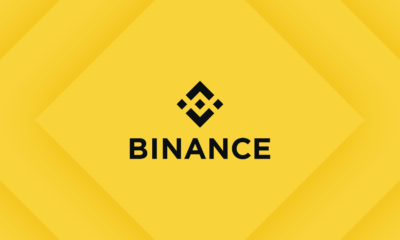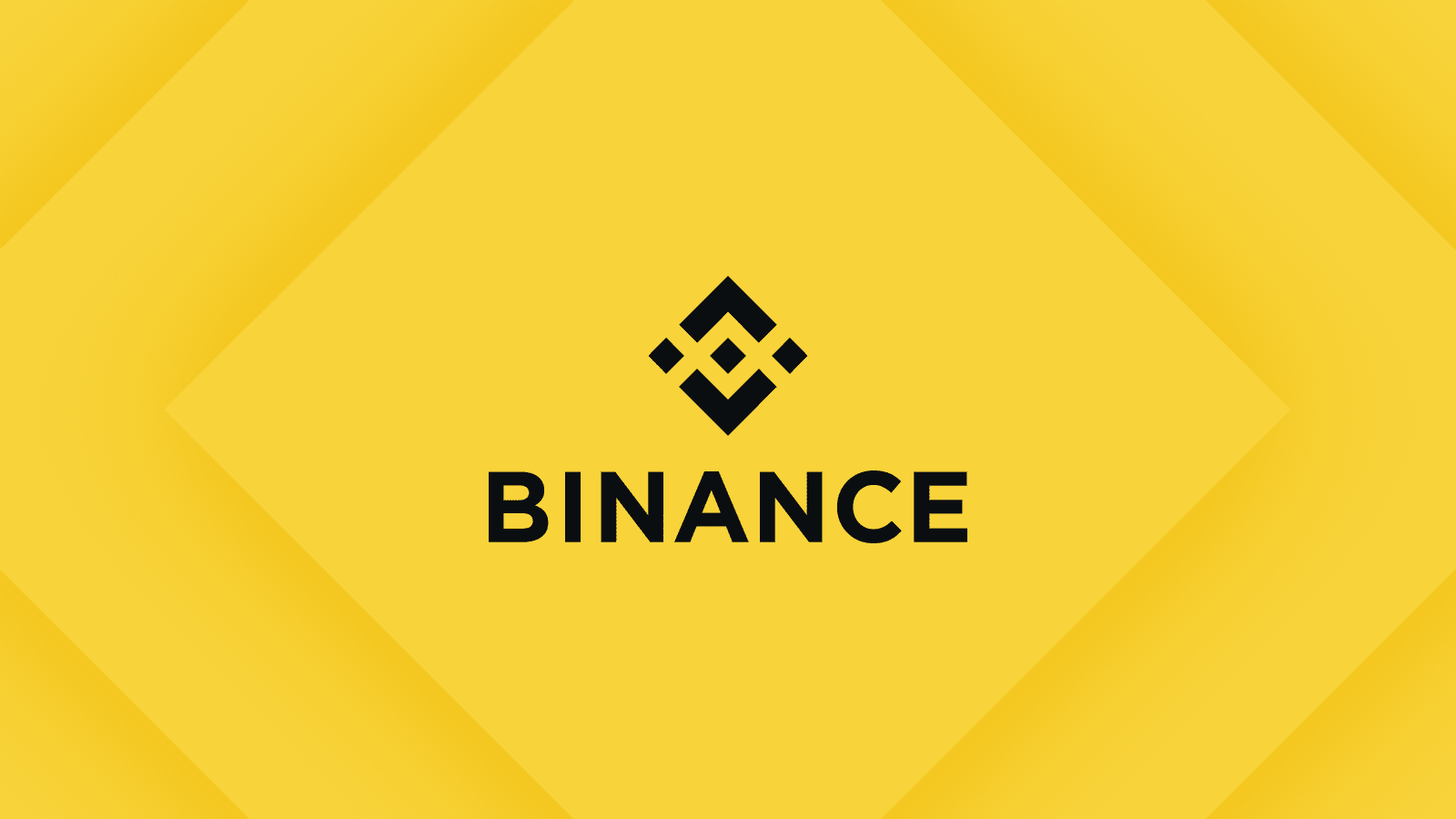Business
Hong Kong to use Chainlink protocol in CBDC pilot project
-

 Business6 days ago
Business6 days agoCircle stock jumps 167% on NYSE debut
-

 Business6 days ago
Business6 days agoJapan’s ‘Strategy,’ Metaplanet, to buy 91K Bitcoin in next 18 months
-

 Business1 week ago
Business1 week agoSEC faces criticism over crypto staking shift
-

 Business1 week ago
Business1 week agoAustralia rolls out new crypto ATM rules as feds flag rising scams
-

 Business4 days ago
Business4 days agoMetaplanet shares jump after $5.4B plan to buy Bitcoin
-

 Business6 days ago
Business6 days agoYuga Labs looks to replace ‘unserious’ ApeCoin DAO with new ApeCo entity
-

 Business7 days ago
Business7 days agoEuropean Parliament to vote on tech sovereignty proposal in July
-

 Business4 days ago
Business4 days agoKenya’s crypto tax could hinder Africa’s digital growth opportunity




























